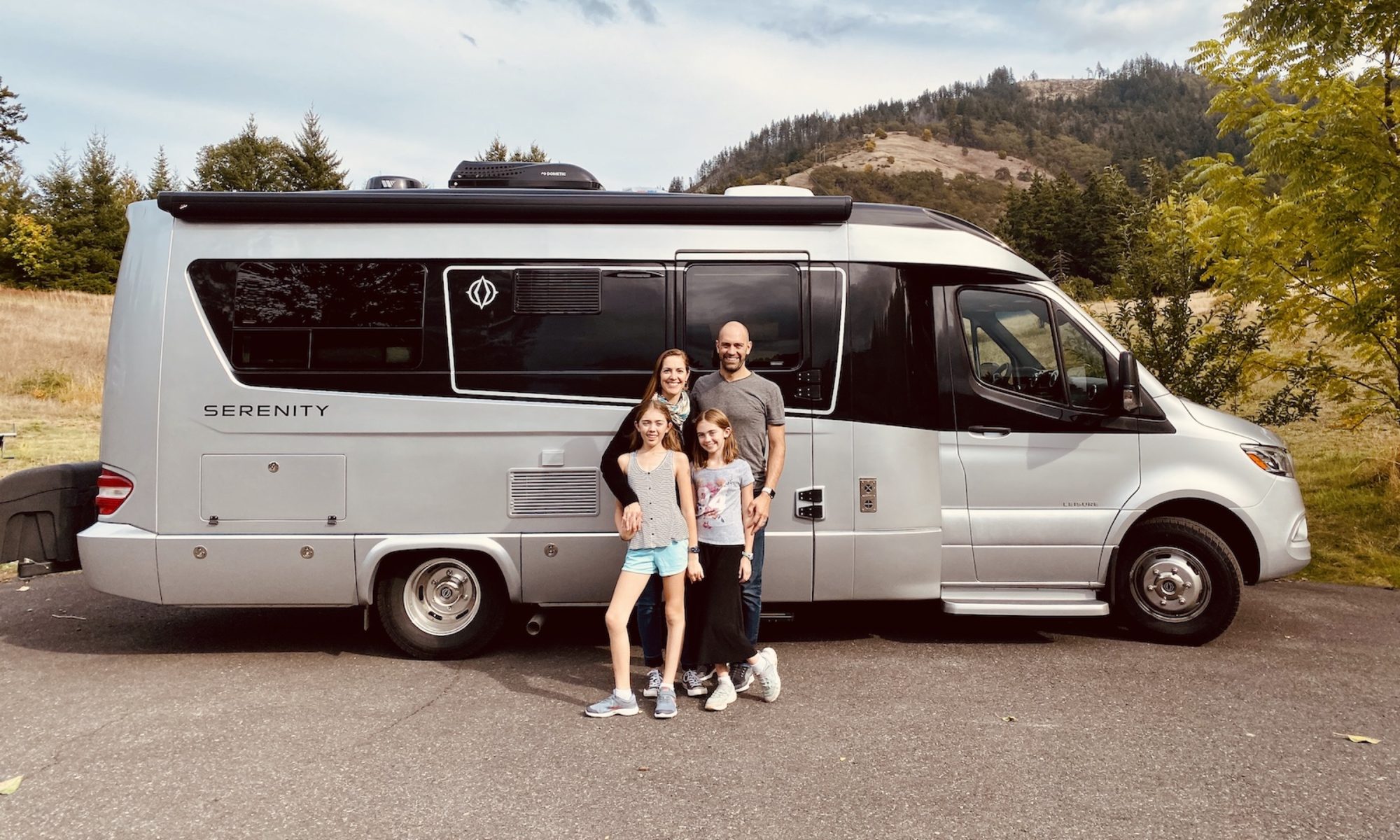Before the end of May, we drove back into the world. In mid-May, we transitioned from our lakeside cabin of isolated shelter and ventured back out into a very changed, and continually changing world. We made the most of the early part of May, enjoying the steady routines (making wonderful meals, going for runs, yoga, the girls playing by themselves in the morning) we were about to leave behind.
The weather continued to swing from sunny and hot to cool and rainy. On the hot days, we played in the water. On the cool days, we watched movies or ran errands. And early May was full of celebrations: Kendall’s Mother’s Day, P’s 11th birthday, and visiting Yia Yia for her Mother’s Day.

Mother’s Day 
She’s 11 now!
Throughout the month, Mark was working hard bringing investors together to support a growing biopharmaceutical company. He did his best to balance work, play, and rest, but many of the days the emails and phone calls for work outweighed everything else.
We said our final goodbyes to Yia Yia, Opa, and the Mooresville Youngblood family. We cleaned and packed Spurge. And said a final goodbye to our sweet, temporary home.

Sad to say goodbye! 
One final hang out!
We missed Spurge and the excitement of life on the road. It felt good to be close and with each other deeply again. And immediately we also missed the ease of not having to go anywhere, or figure anything out besides what to cook for dinner.
Our ultimate destination was Jacksonville, Florida to see our friends Sujata and Chris and their two kiddos. On the way there, we decided to take the opportunity to see the Outer Banks — a place neither of us had been, but had always wanted to visit.
Our trip there had us camping at wineries, state parks, and private campgrounds. We quickly discovered that with the heat and humidity of the Southeast, having power to run our air conditioner became a very necessary element of sleeping well. Once we left the cooler air on the islands, we almost always stayed somewhere we could plug in.
My favorite part of our travel is the road-schooling part, and I had missed the inputs that come from the places we visit to inform our learning while we were hunkered down on the lake. Returning to the road meant returning to visiting interesting sites. We paid a visit to the Wright Brother’s Memorial at Kitty Hawk. The night before, we watched an old docu-drama about the Brothers and their trials and eventual successes. The movie and the site visit really brought their accomplishments and struggles to life.
Once on the Outer Banks, our time was spent on beach walks, seeing the (formerly) wild horses on Ocracoke Island, visiting lighthouses, taking ferries, and exploring. We spent a lovely day on bikes exploring the town of Ocracoke and watching the rebuilding process after it was devastated by last year’s hurricane Dorian.
Back on land after a long ferry ride, we continued down the coast stopping to see the cities of Charleston and Savannah and stay on Tybee and Jekyll Islands. Our walk around Charleston and learning about the brutal history of this city, including visiting the slave mart where the domestic slave trade occurred, felt particularly relevant as Black Lives Matter protesters marched through the city the day we were there.

We have made it a point to educate the girls about the real history of America as we have traveled, and to not shy away from topics like racism, white privilege, and power. As Kristin Lin, the Editor of the On Being Project says: “Perhaps upon seeking out knowledge where our schooling falls short, we may come to understand that our history lives and breathes. As much as we’re shaped by the humans who came before us, we’re also taking part in that history, whether we know it or not.”
We made a point to see first-hand the Japanese Internment Camps at Manzanar, and where the Queen of Hawaii was imprisoned in Honolulu as the U.S. took away her people’s sovereignty. We learned about the treatment of Native Peoples at the Missions in San Antonio, and walked through the original homes and kitchens of the enslaved at a sugarcane plantation outside of New Orleans. We can’t understand where we are today, if we don’t know where we came from.
Poet Marilyn Nelson says in her interview on the On Being Podcast: “Trying to struggle with real history has been a way to learn something about who we are less personally — less who I am than who we are as a nation. What are we doing here? How is it that we have managed to persist in the blindnesses that we started out with? … How are we able to lie to ourselves like that?”
This is a poignant time in our country’s history, and it is profound to witness this groundswell while walking on the land that holds the blood, sweat, tears, and prayers of the enslaved. And if the proud display of confederate flags in the South is any indication, we still have a long way to go before we reach true equality in this country.















